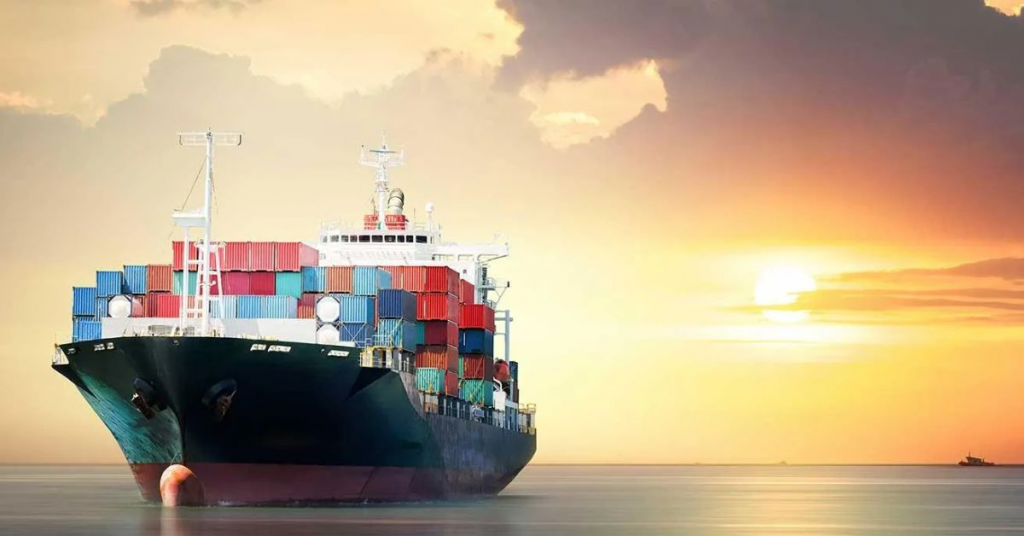According to the Draghi study on the future of European competitiveness, the shipping industry is one of the most challenging sectors to decarbonize, while easy access to sustainable marine fuels is a major priority.
According to estimates, shipping will need investment of over €40 billion a year between 2031 and 2050 in order to meet its carbon neutrality goals. But according to the Clean Maritime Fuels Platform, low-carbon and renewable fuels typically face a sea of uncertainty that tends to discourage both public and private investment.
These include significant production costs for eco-friendly duels, technological risks and high upfront capital requirements that disadvantage early adopters, and a mismatch in business models between producers, who want long-term contracts at higher prices, and users, who prefer short-term commitments for smaller fuel volumes because they are thought to carry less risk.
According to the Clean Maritime Fuels Platform, the aforementioned factors are associated with higher financial risks that may be unaffordable without more tailored public support than what is provided by the current EU Hydrogen Bank—an organization of EU-based businesses committed to boosting the European hydrogen industry—and ETS Innovation Fund schemes.
To address these issues effectively, the platform has shown that the European Commission should add low-carbon and renewable fuels and technologies that are required under the Clean Industrial Deal. De-risking the investments required to accelerate the production and distribution of clean fuels for shipping by using the Sustainable Transport Investment Plan (STIP) is necessary. There should be a focus on de-risking initiatives to build the EU’s industrial base for environmentally friendly fuels using national ETS income and EU public funding. Ports should be encouraged to serve as energy centers by enacting regulations for fuel infrastructure.
Tags: Decarbonisation, Draghi Study, Infrastructure, Investment



Recent Posts
Hyundai Glovis to Retrofit Seven PCTCs with Avikus AI Navigation System
Super Terminais orders three more Konecranes Gottwald ESP.10 Mobile Harbor cranes
Covestro and HGK Shipping Extend Partnership to 2040 with Focus on Wind-Assisted Vessel Retrofit
Artemis Technologies Successfully Demonstrates 100 Percent Electric Crew Transfer Vessel at Aberdeen Offshore Wind Farm
IACS Council Advances Decarbonisation, Digitalisation and Governance Priorities at C91 Meeting in Beijing
Japan Launches Major R&D Project to Advance Shipbuilding with Alternative Fuels
EU Adopts Emissions Standards for Low Carbon Hydrogen to Bolster Clean Energy Market
Trafigura to Implement ZeroNorth’s AI Platform Across Global Fleet